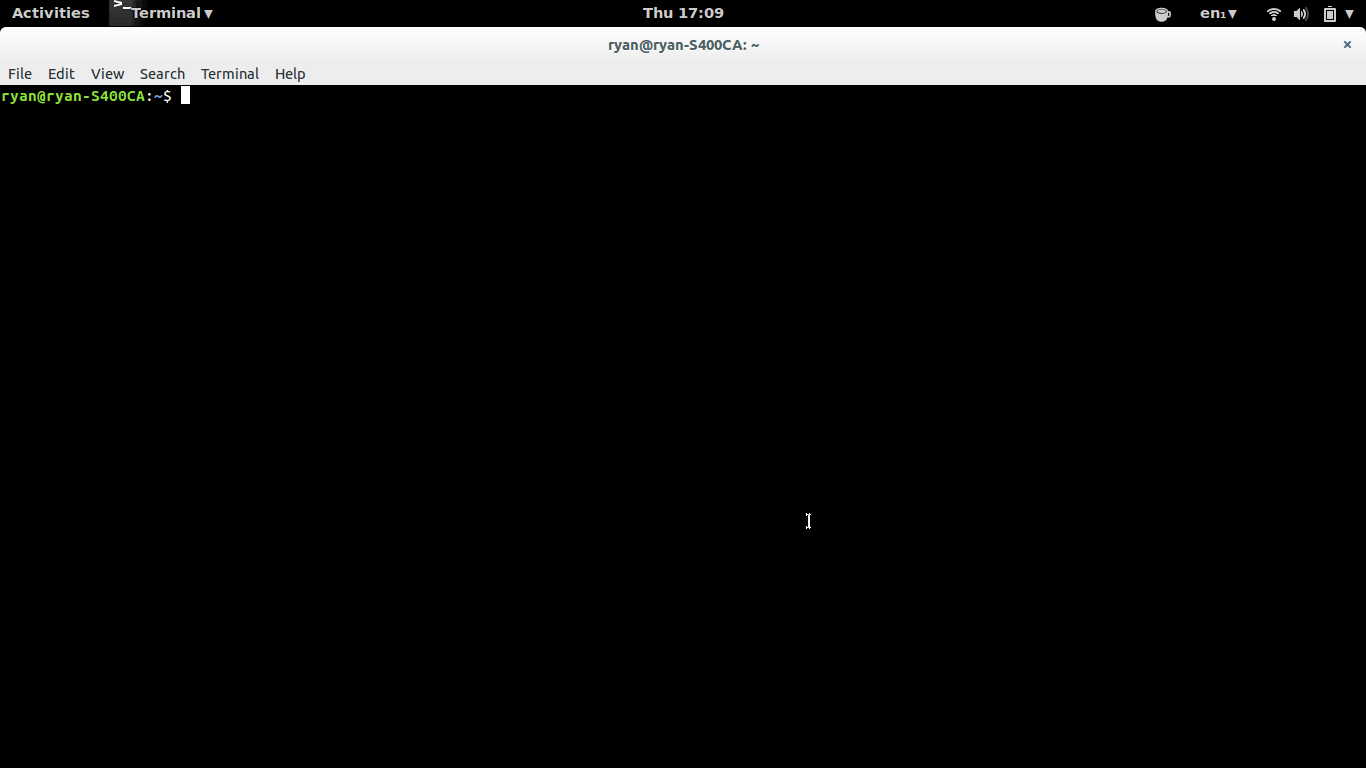Polonium is a stateless password manager that creates & retrieves passwords without storing them in a database. The advantages to this approach are obvious; your database can't be stolen, and you can get your passwords anywhere you can get polonium.
Polonium only requires you to remember one master password, from which it derives subordinate passwords for your various service logins. Even if these subordinate passwords are compromised the attacker cannot compromise your master password.
- Ubuntu (possibly another Linux or UNIX), or Windows.
- Node.js >= v0.10.28
- Docopt
- Prompt
- Bignum
To install node.js on Ubuntu use
sudo add-apt-repository ppa:chris-lea/node.js
sudo apt-get update
sudo apt-get install nodejs
Polonium depends on the following libraries:
sudo npm install -g docopt
sudo npm install -g prompt
sudo npm install -g bignum
To install polonium simply use wget to grab the installer script from github.
wget -q -O - https://raw.githubusercontent.com/rgrannell1/polonium/master/install.sh | bashTo test polonium use
polo create facebook
and
polo get facebook
Get node.js through an installer or your preferred method.
NPM should be bundled with node, so run the following from your terminal to globally install the required modules:
npm install -g docopt
npm install -g prompt
npm install -g bignum
Download and unzip polonium from github. The
file lib/polonium.js is directly executable by node.js, but to make life easier you should set up an environmental
variable aliasing the path to polonium as 'polo'.
This can be done using the following GUI:
My Computer -> Properties -> Advanced System Settings -> Environmental Variables
Click New, and give 'polo' as the variable name and the full path to lib/polonium.js as the value.
Now you can test the program by running the following from your terminal:
polo create facebook
and
polo get facebook
Polonium is a shallow wrapper around node.js's implementation of Password-Based Key Derivation Function 2 (PBKDF2); all polonium adds is a method of gathering command-line arguments and converting the derived keys to base62.
For more information on PBKDF2 see the following resources:
You must not use your master password anywhere it may be compromised; if your master password is compromised, all polonium-derived passwords will also be cracked.
A good, XKCD-approved method of making a master password is to take you favourite large dictionary - for example the Oxford English Dictionary - and choose five or more random words as your password.
Taking the OED as an example, choosing five of its 170,000 words gets you 86 bits of entropy. If the attacker does not know your choice of dictionary your security depends on the length of your password.
Modern GPU-based cracking can make billions of attempts a day at password cracking, so even passwords made by secure hashing algorithms can be cracked quickly. Polonium, or more accurately PBKDF2, uses key-stretching to slow down brute force attacks.
High iteration counts waste the attacker's time and raises their electric bill, so polonium spitefully defaults to a costly 1,000,000 iterations.
If this is too hard on your battery / device, set polonium to a number of iteration preferably above 200,000 iterations.
Polonium passwords are base62-encoded. Although base16 and base64 are more common, Base62 (alphanumeric) passwords are generally permitted by online services and are entropy-dense compared to base16 passwords. Even short base62 passwords exceed the recommended minimum of 80-bits of entropy per password.
Polonium passwords only have application specific salts, not user-specific salts. Two users that share a salt ('facebook') and master password ('password123') will share the same output password. Not every website will salt passwords properly, so use a unique master password.
- Currently untested.
The MIT License
Copyright (c) 2014 Ryan Grannell
Permission is hereby granted, free of charge, to any person obtaining a copy of this software and associated documentation files (the "Software"), to deal in the Software without restriction, including without limitation the rights to use, copy, modify, merge, publish, distribute, sublicense, and/or sell copies of the Software, and to permit persons to whom the Software is furnished to do so, subject to the following conditions:
The above copyright notice and this permission notice shall be included in all copies or substantial portions of the Software.
THE SOFTWARE IS PROVIDED "AS IS", WITHOUT WARRANTY OF ANY KIND, EXPRESS OR IMPLIED, INCLUDING BUT NOT LIMITED TO THE WARRANTIES OF MERCHANTABILITY, FITNESS FOR A PARTICULAR PURPOSE AND NONINFRINGEMENT. IN NO EVENT SHALL THE AUTHORS OR COPYRIGHT HOLDERS BE LIABLE FOR ANY CLAIM, DAMAGES OR OTHER LIABILITY, WHETHER IN AN ACTION OF CONTRACT, TORT OR OTHERWISE, ARISING FROM, OUT OF OR IN CONNECTION WITH THE SOFTWARE OR THE USE OR OTHER DEALINGS IN THE SOFTWARE.
Versioning complies with the Semantic Versioning 2.0.0 standard.


